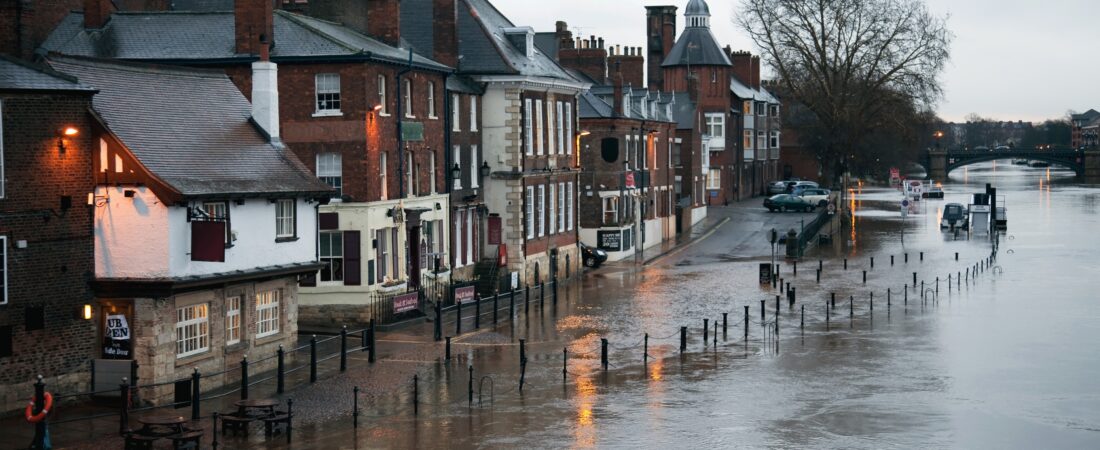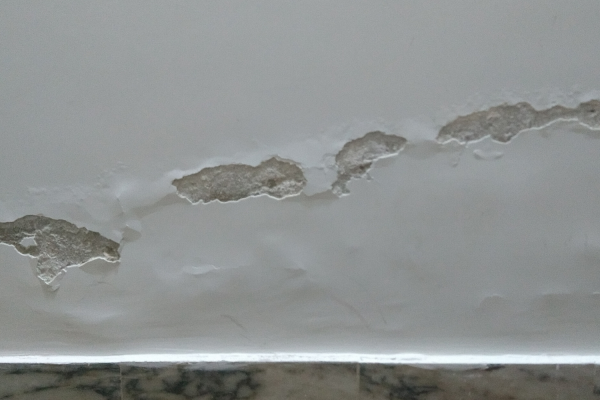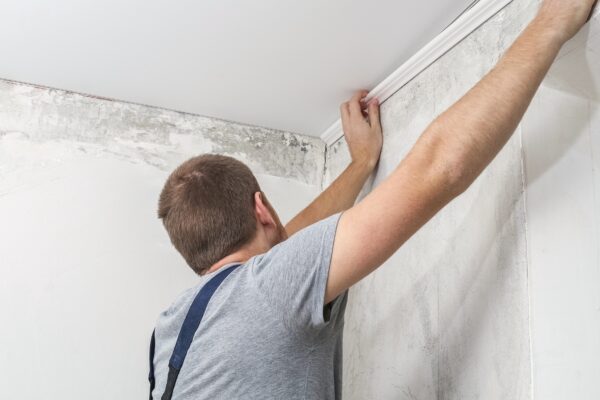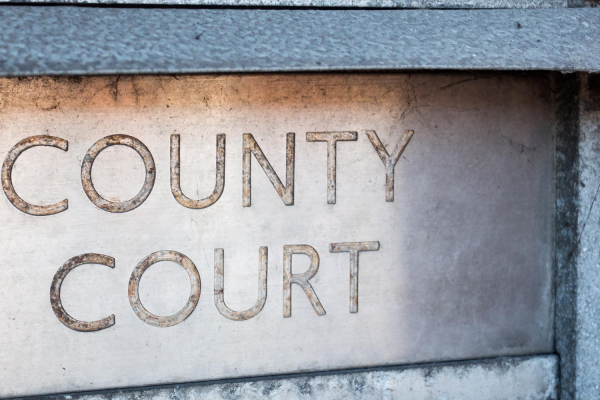Every landlord must ensure they have adequately prepared their properties and tenants for potential flooding events.
Year after year, unpredictable weather and heavy rainfall have caused widespread flooding in the UK. Whilst riverside villages and coastal areas are typically the most vulnerable due to their location, properties can also be at risk in other circumstances.
For instance, when drainage systems are overwhelmed by sudden downpours or burst water mains, devastating flooding can occur, rendering properties uninhabitable.
This can cause extensive damage to buildings and belongings, leading to costly repairs and disruptions for landlords and tenants alike. So, what can landlords do to protect against flooding?
- Check if your property is in a flood-prone area
- Don’t wait until the last minute to act
- Educate your tenants about flood safety
- Keep up with maintenance tasks
- What to do if your property becomes flooded
Join OpenRent today and gain peace of mind knowing that your rentals are in safe hands.
Create Your Advert Today1. Check if your property is in a flood-prone area
Predicting the future is impossible, however, being aware of whether your property is in a flood-prone area can help you prepare for potential risks.
Certain regions of the country are more vulnerable to flooding – as we previously mentioned, properties near the coast or rivers may face greater challenges.
If you’re uncertain about whether your property is in a flood-risk area, the Government offers information through its ‘check for flooding’ service.
Moreover, it’s wise to register for flood alerts and warnings in your area to stay informed about any developments.
2. Don’t wait until the last minute to act
If you suspect your property is prone to flooding, it’s wise to take precautions. Some landlords opt for sandbags as a defence during severe weather, while flood-proof doors and windows offer added protection.
Exterior waterproofing sealant for walls and strategic landscaping can also help divert water from your property.
Researching available prevention methods is advisable, as new and improved options may emerge over time.
While there’s no guarantee that these measures will entirely prevent damage, making informed choices tailored to your property can mitigate risks.
If your property is prone to flooding, ensure that your tenants are aware of this at the start of the tenancy. Providing them with a comprehensive flood plan can assist them in staying safe in the event of an emergency.
You might also be interested in…
- Pets in Rental Properties: What Every Landlord Should Know
- Understanding Leasehold Reforms in 2026
- What the New Decent Homes Standard Means for the Private Rented Sector
- How to Increase the Rent by Serving a Section 13 Notice
- How to Serve a Section 21 Notice to Tenants
3. Educate your tenants about flood safety
It’s important for tenants to understand what to do during a flood. If your property is in a high-risk area, discuss this with them in person, if possible, and provide written emergency instructions.
It’s good practice to supply your tenants with sandbags and make sure they know how to shut off the gas, electricity and water.
As we’ll explain later, regular maintenance is also another good way to reduce the likelihood of any damage to your property.
Regular maintenance, as we’ll discuss later, is another effective way to minimise property damage.
By taking the appropriate preventative measures and having comprehensive landlord insurance in place, you can rest assured that you’re doing all you can to protect your tenants as well as your investment.
4. Keep up with maintenance tasks
Landlords have a legal obligation to maintain and repair external structures, including drains and gutters.
During floods, ensuring water flows away from the property can be critical, so you’ll want to frequently make sure gutters are kept clear of debris. Be sure to also check for any blockages in drains beneath downspouts, especially on paved surfaces.
Keep in mind that flood insurance doesn’t usually cover maintenance issues, wear and tear, or pre-existing damage, further highlighting the importance of regular upkeep.
Rent Guarantee Insurance means you will always be able to rely on your rental income to pay your mortgage and other legal costs.
Find Out More5. What to do if your property becomes flooded
If it’s safe, advise your tenants to switch off the water, gas, and electricity during a flood and relocate to higher ground.
It’s also a good idea for tenants to have an emergency kit prepared, including essentials like blankets, a flashlight, a first aid kit, food, and medications.
Once the situation stabilises, you can enter the property to assess the damage – our policyholders can reach out for help with filing a claim if needed.
Last but not least, if emergency services are involved, it’s necessary that you and your tenants follow their instructions and guidance to ensure everyone’s safety and well-being.
Please note that the advice provided here is for general informational purposes only and should not be construed as professional or legal advice. OpenRent accepts no liability for the accuracy, completeness, or suitability of the information provided. Landlords and tenants are encouraged to seek independent professional advice for their specific circumstances.



